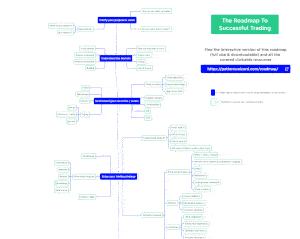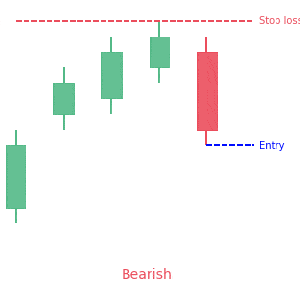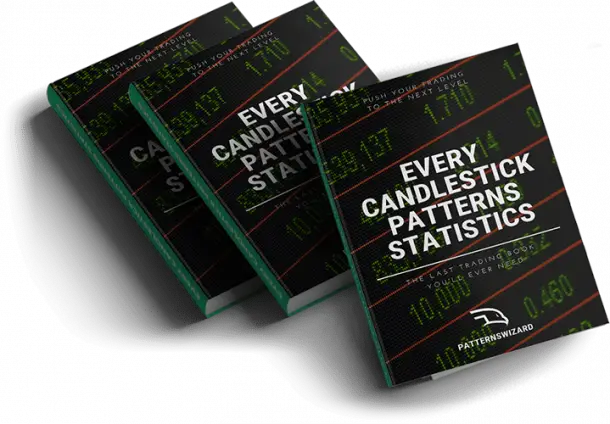- Dividend payment attracts positive public sentiment and more and more investors begin to take interest in its shares.
- The company loses its cash in hand by paying dividends and hence its overall price gets reduced.
Dividends are a part of profits that a company earns in a specific financial period and divides it to its shareholders. Dividends are provided only by dividend stocks and dividend-paying companies are generally well-established. A dividend is a kind of reward that companies pay to their shareholders in cash, stock dividend, or some other form for their trust and investment. A stock dividend is a dividend payout where a company issues shares to stockholders as a dividend payment. Why is there a drop in share price after dividend payout?
A company’s higher hierarchy decides the amount of dividend after paying the creditors and shareholders consent to that. However, paying dividends isn’t mandatory for all companies and companies may choose between paying dividends or not. But a very pertinent question arises that why do companies pay dividends?
Why do companies pay dividends?
Let’s suppose that you are a stock investor and want to invest in stocks. What will be your first consideration? Of course, it will be an expected return. Whenever someone decides to buy stocks, he/she consider the expected return. Stock investors make money through two main sources – from an increase in stock prices and from dividends even when stock prices fall. So, dividends are one of the two primary sources to get a return on investment. That is why some stock investors prefer dividend stocks and thus, companies paying out dividends are more enticing for such investors.
However, despite the fact that dividend stocks are more attractive for investors, some companies decide against dividend payouts. So, why some companies pay dividends, and why do some companies not pay dividends? Let’s begin to explore reasons for paying dividends.
Dividend payout is a key indicator of a company’s financial health and performance. The following are the key effects of dividend payment on the share price to explain this drop.
1. Dividend-paying companies attract more investors
The first interesting effect of dividend payments is that dividend-paying companies attract more investors. As we already know that dividend-paying companies showcase their financial health, performance, and stability through dividend payouts. Investors all across the globe consider dividend-paying companies more worthy of investment than other companies. Companies paying dividends on regular basis attract more investors. When more and more investors take interest in buying shares of a dividend-paying company, the share price increases.
On the other hand, companies that don’t pay dividends to their stockholders or pay on an irregular basis don’t attract investors at a grand scale. The reason is investors consider such companies as financially volatile and hence have a negative sentiment about such companies. That is how such companies fail to attract new investors even causing existing investors to sell shares. Stock prices begin to fall as the demand for a company’s shares declined.
A company planning to pay dividends to its stockholders makes a public announcement. This announcement covers all the essential details such as the payment date, the record date, the ex-dividend date, and the dollar amount to be paid per share. Such a dividend payout announcement or public declaration leaves a positive effect on the public’s sentiment. It leads to more investor’s interest and the demand for its stock significantly increases. As the demand increases, the share price also increases. Besides that, many investors see it as a dividend capture opportunity and they seek to buy a dividend-paying company’s stock for the short term. This dividend capture move by investors also leads to a significant rise in that company’s share price.
The rise in share prices after dividend announcement automatically corrects itself on the ex-dividend date. The reason is new investors who buy stocks on or after the ex-dividend date do not qualify for receiving dividends. Therefore, new buyers refuse to pay premium prices and begin to quote lower prices, and thus, existing stockholders must lower their asking price for those willing to sell. The share price significantly decreases as a result of lower bids. That’s how share prices significantly decrease on the ex-dividend date.
We know now that dividend payments affect share prices in different ways even before the dividend payment date. Now, another pertinent question arises why stock goes down after dividend payout? The answer to this question is pretty straightforward but logical. When a company payout dividend, it loses its asset. That means its value gets reduced by the total amount of dividend payment. So, the share price of the company decreases as the company’s overall value gets reduced.
Final thoughts
Dividends are part of profits that a company earns in a financial year and decides to distribute it among its shareholders. Dividends play a key part in enhancing the goodwill of the dividend-paying company as well as its share price. Dividend payment attracts positive public sentiment and more and more investors begin to take interest in its shares. As the demand increases, the share price also increases.
However, this increase in share price is temporary and soon a correction happens. On the ex-dividend date, new investors begin to quote low prices for the company’s shares. They don’t pay premium prices because they aren’t eligible for a dividend. But, why does the share price drop after the dividend is paid? Because the company loses its cash in hand by paying dividends and hence its overall gets reduced. When the overall value of a company reduces, the fall in share prices also follows the fall in value.

 Good Trading requires the Best Charting Tool!
Good Trading requires the Best Charting Tool!

 We loved Marwood Research’s course “Candlestick Analysis For Professional Traders“. Do you want to follow a great video course and deep dive into 26 candlestick patterns (and compare their success rates)? Then make sure to check this course!
We loved Marwood Research’s course “Candlestick Analysis For Professional Traders“. Do you want to follow a great video course and deep dive into 26 candlestick patterns (and compare their success rates)? Then make sure to check this course!